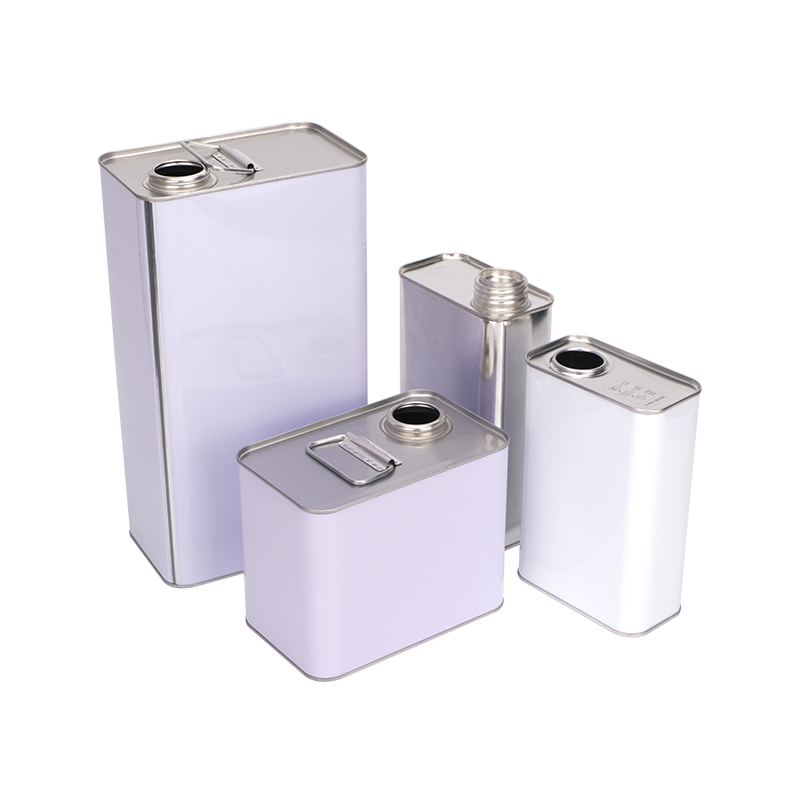Email: [email protected]
The environmental impact of recycling or reusing chemical cans and pails is influenced by several factors, including the materials used, the chemical residues left in the containers, and the processes involved in recycling or reusing them. Here's an analysis of the environmental impact:
Recycling chemical cans and pails reduces the need for raw materials like petroleum (for plastics) and ores (for metals), conserving natural resources and reducing the environmental impact associated with mining and extraction.
Recycling often requires less energy than producing new materials from scratch. For example, recycling aluminum saves up to 95% of the energy required to produce it from bauxite ore, and recycling plastics saves significant amounts of energy compared to manufacturing new plastic.
Recycling keeps chemical cans and pails out of landfills, where they could take up space and potentially leach chemicals into the soil and groundwater if not properly cleaned.Recycling processes generally produce fewer greenhouse gas emissions than the production of new materials, helping to mitigate climate change.Proper recycling prevents chemical residues from contaminating the environment. Recycling facilities are equipped to handle and neutralize these chemicals safely.

Reusing chemical cans and pails extends their life cycle, reducing the need to manufacture new containers. This reduces the environmental impact associated with the production of new materials, including energy consumption, raw material extraction, and emissions.By reusing containers, the overall environmental footprint of the product is minimized. This includes a reduction in waste generation, energy use, and associated environmental impacts.
Reusing containers reduces the volume of waste that needs to be managed, whether through recycling or disposal. This helps reduce the burden on waste management systems and landfills.If chemical cans and pails are not properly cleaned before recycling, they can introduce hazardous substances into the recycling stream, contaminating recycled materials and posing risks to recycling workers and the environment.Reusing containers that haven’t been adequately decontaminated can lead to cross-contamination of chemicals, potentially resulting in dangerous chemical reactions or environmental harm if the containers are improperly disposed of later.
Proper recycling and reuse practices must comply with environmental regulations to minimize negative impacts. This includes ensuring that chemical residues are treated appropriately and that containers are handled safely throughout their lifecycle.Recycling facilities and businesses that reuse containers need to implement environmental management practices to prevent pollution and ensure that the environmental benefits of recycling or reuse are maximized.
Generally, recycling is more energy-intensive than reuse but can handle a wider range of materials and ensure that hazardous chemicals are safely neutralized or contained.Reusing is often the more environmentally friendly option, as it avoids the energy and resource use associated with recycling. However, it requires that the containers are safe and suitable for reuse without posing environmental or health risks.
The environmental impact of recycling or reusing chemical cans and pails is generally positive, provided that proper procedures are followed to manage chemical residues and prev
Related recommendations